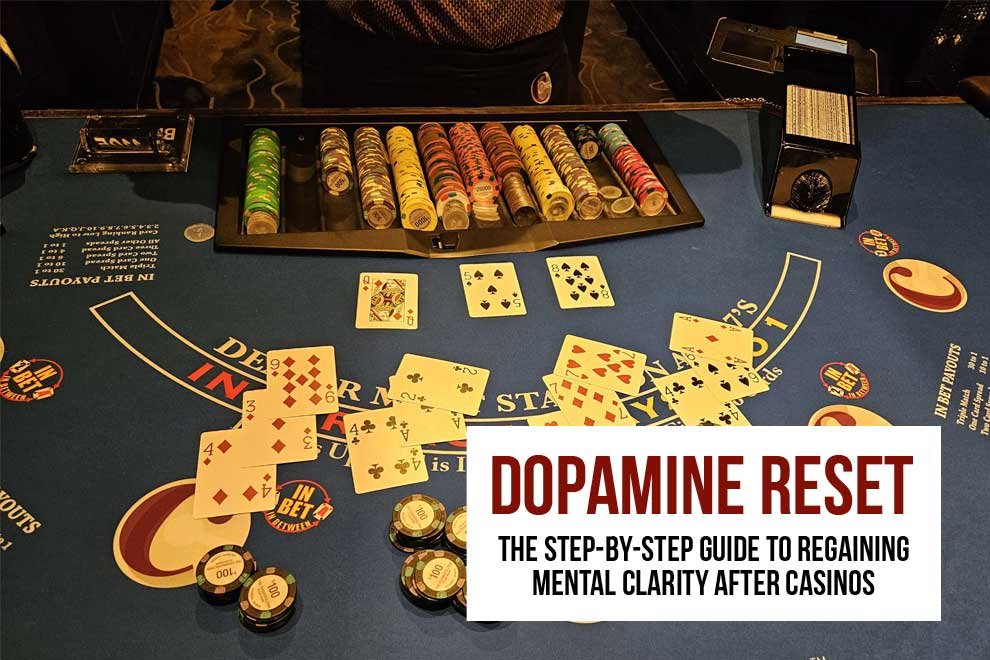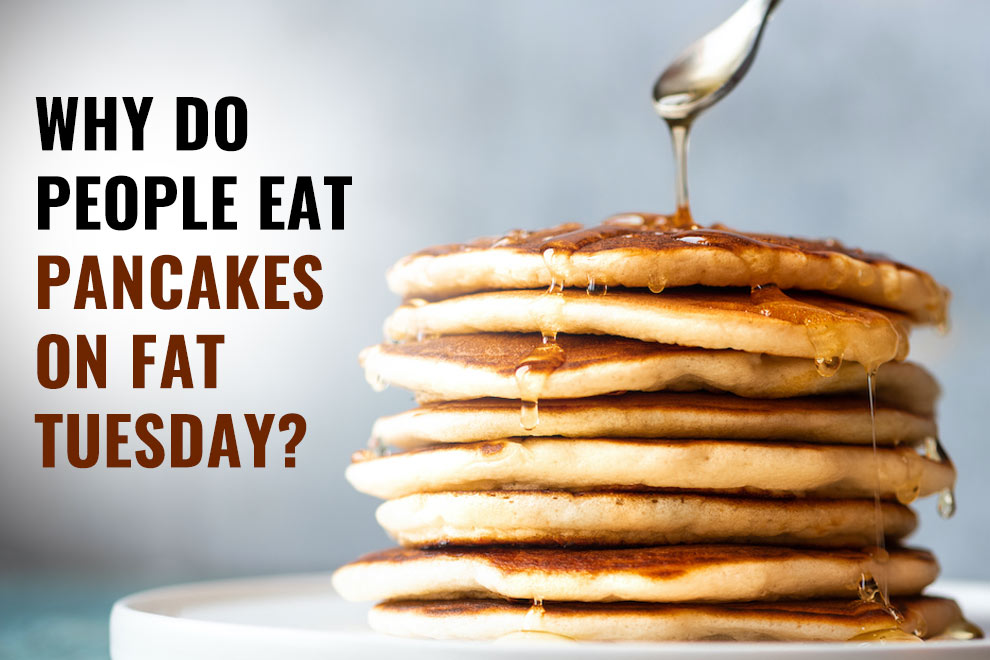That post-casino fog hits harder than you’d expect. You step away from the screen or table, and suddenly the silence feels louder, your head feels heavier, and everything seems a little… flat. That’s not burnout. That’s dopamine depletion. The intense highs and rapid-fire stimulation of casino play flood your brain with reward chemicals—then drop you off a cliff when the game ends. If you’ve ever felt mentally scattered, emotionally numb, or totally unmotivated after gambling, this guide is your exit ramp.
Step 1: Recognize the Dopamine Drop for What It Is
What you’re feeling isn’t weakness or regret—it’s chemical. Dopamine is your brain’s motivation fuel. Casinos crank that system into overdrive with lights, sounds, near-misses, and nonstop action through traditional or AI-based features. But when the game ends, your brain doesn’t just coast. It crashes.
Know the Symptoms
- Feeling bored by everything that isn’t a screen
- Struggling to focus, even on simple tasks
- Low motivation, restlessness, or a flat emotional tone
Understand Why It Happens
- Rapid dopamine spikes during gambling lower your baseline afterward
- The more intense or longer your session, the worse the crash
- Your brain now craves another hit—even if you’re not conscious of it
Don’t Panic—This Is Reversible
- Your dopamine system can bounce back, but it needs rest and structure
- Resetting doesn’t mean quitting gambling forever—it means giving your brain time to rebalance
- This is a recovery, not a punishment
Step 2: Stop the Stimulation—Cold
The first step to resetting is cutting the constant dopamine drip. You need to give your brain a chance to breathe. That doesn’t mean lying in a dark room for a week. It means swapping intense, artificial highs for slower, natural ones.
Go on a Digital Fast
- No gambling apps, no casino streams, no high-intensity games for at least 48–72 hours
- Avoid social media too—it hits the same dopamine buttons
- Use this window to reset your threshold for excitement
Embrace Boredom (Temporarily)
- Do simple things that feel “meh” at first: walk, stretch, clean, cook
- These feel bland because your brain’s still wired for chaos
- Within a few days, they’ll start feeling rewarding again—but only if you stick with them
Hydrate, Sleep, and Move
- Dehydration and poor sleep make dopamine recovery slower
- Light exercise (even 20 minutes) speeds up the rebound
- Don’t overdo it—this isn’t a boot camp, it’s a reset
Step 3: Rebuild Focus and Motivation—Naturally
Once you’ve cleared the static, it’s time to reconnect with real, sustainable sources of mental clarity. These won’t give you a casino-level rush—but they’ll actually improve your mood, focus, and resilience long-term.
Do One Task Start to Finish (Without Multitasking)
- Pick a small, boring job: washing dishes, organizing a drawer, writing a short email
- Do it with full attention—even if your mind wanders
- Each completed task rebuilds your ability to focus and feel reward from effort
Lean Into Low-Dopamine Hobbies
- Reading, journaling, puzzles, art, hiking—anything slow and screen-free
- These gently rebuild your dopamine circuits without frying them
- The goal isn’t to distract yourself—it’s to re-teach your brain how to enjoy effort
Practice “No-Rush” Time
- Set aside an hour where you don’t chase any stimulation
- No music, no background noise, no scrolling—just be present
- This helps your brain relearn that calm can feel good too
Final Thought
Gambling doesn’t just play with your money—it plays with your brain chemistry. And sometimes the hardest part isn’t walking away from the casino—it’s walking back into everyday life feeling like your mental gas tank is empty. A dopamine reset isn’t about guilt. It’s about giving your mind a breather, regaining clarity, and taking back control. Step away. Slow down. Let your brain reset. And when you’re ready to play again, you’ll be sharp, balanced, and back in the driver’s seat. Finally, if you are looking for responsible fun in the best new york online casinos, then check out the following!
Also Read: The Impact of Accommodation on Students’ Mental Health and Well-Being










